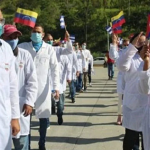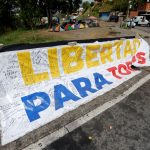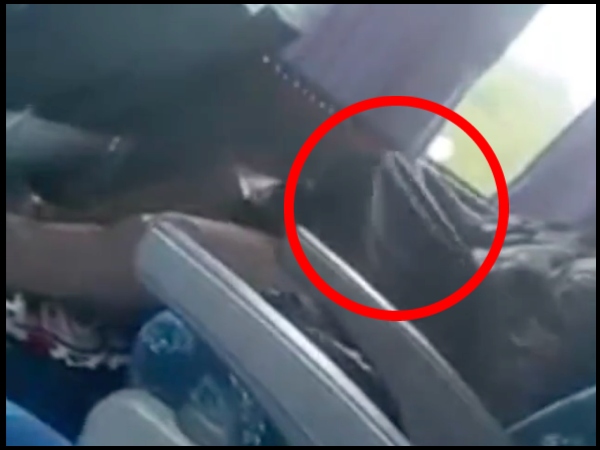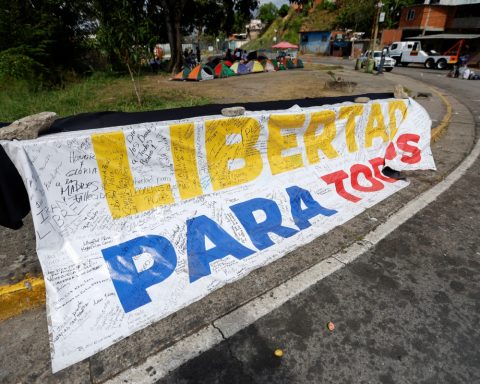The Senate Constitution Committee approved and dispatched to the Chamber, after more than 100 indications in its first legislative process, the bill that systematizes economic crimes and attacks against the environment, and that modifies different legal bodies that classify crimes against the socioeconomic order and adjusts the penalties applicable to them.
As explained by one of the authors of the initiative, Senator Matías Walker, the measure “systematizes all economic crimes, including attacks against the environment. What it does is give certain crimes the character of economic and to apply together with the penalties deprivation of liberty, sanctions specific to the scope of the company”.
Specifically, the proposal addresses the confiscation of illegitimate earnings, even in cases of dismissal or acquittal. The foregoing, because what is sanctioned is “enrichment without cause.” Likewise, the figure of “days/fine” was established, which translates into a fine for each criminal offense, for which a “special responsibility” was established for those who exercise a situation of control within the companies.
In the case of attacks against free competition, “compensated denunciation is facilitated and those who have a position of control within the companies and carry out actions for their own benefit and to the detriment of the company or the rest of the shareholders are sanctioned” .
In addition, the initiative includes the regulation of the crimes of attacks against the environment, establishing for this effective prison sentences for contamination, in addition to the patrimonial responsibility of the companies and their controllers.
“We are penalizing the use of privileged information with great force and all these crimes that previously had ethics classes as a sanction, will now have effective sanctions, custodial sentences, compensation for property damage actually earned and the confiscation of illegitimate earnings,” complemented Senator Walker.
In this way, the initiative, which has the utmost urgency for its processing, will be promptly debated in the Senate Chamber, to then be sent to the Chamber of Deputies for its third legislative process.


















